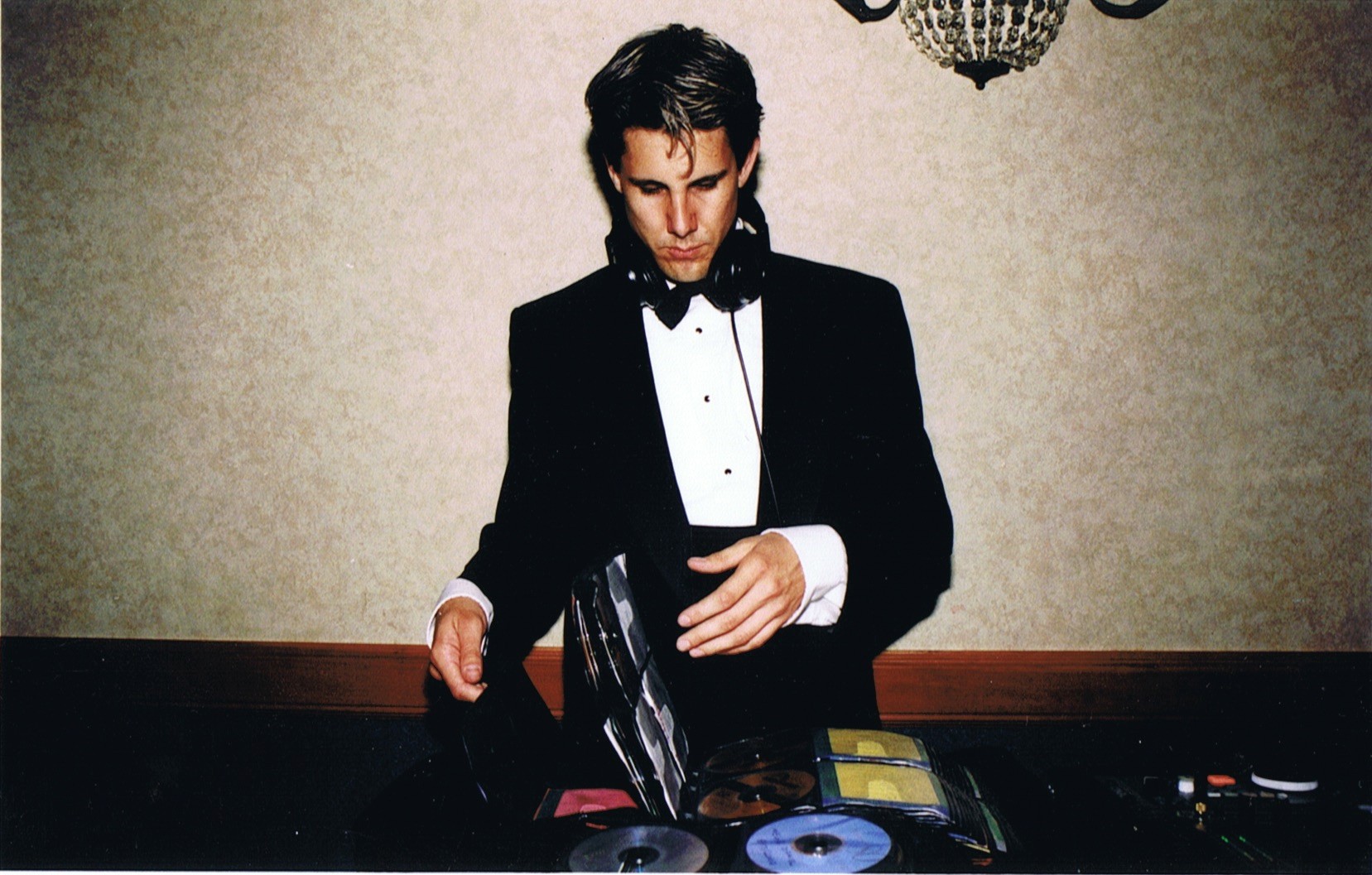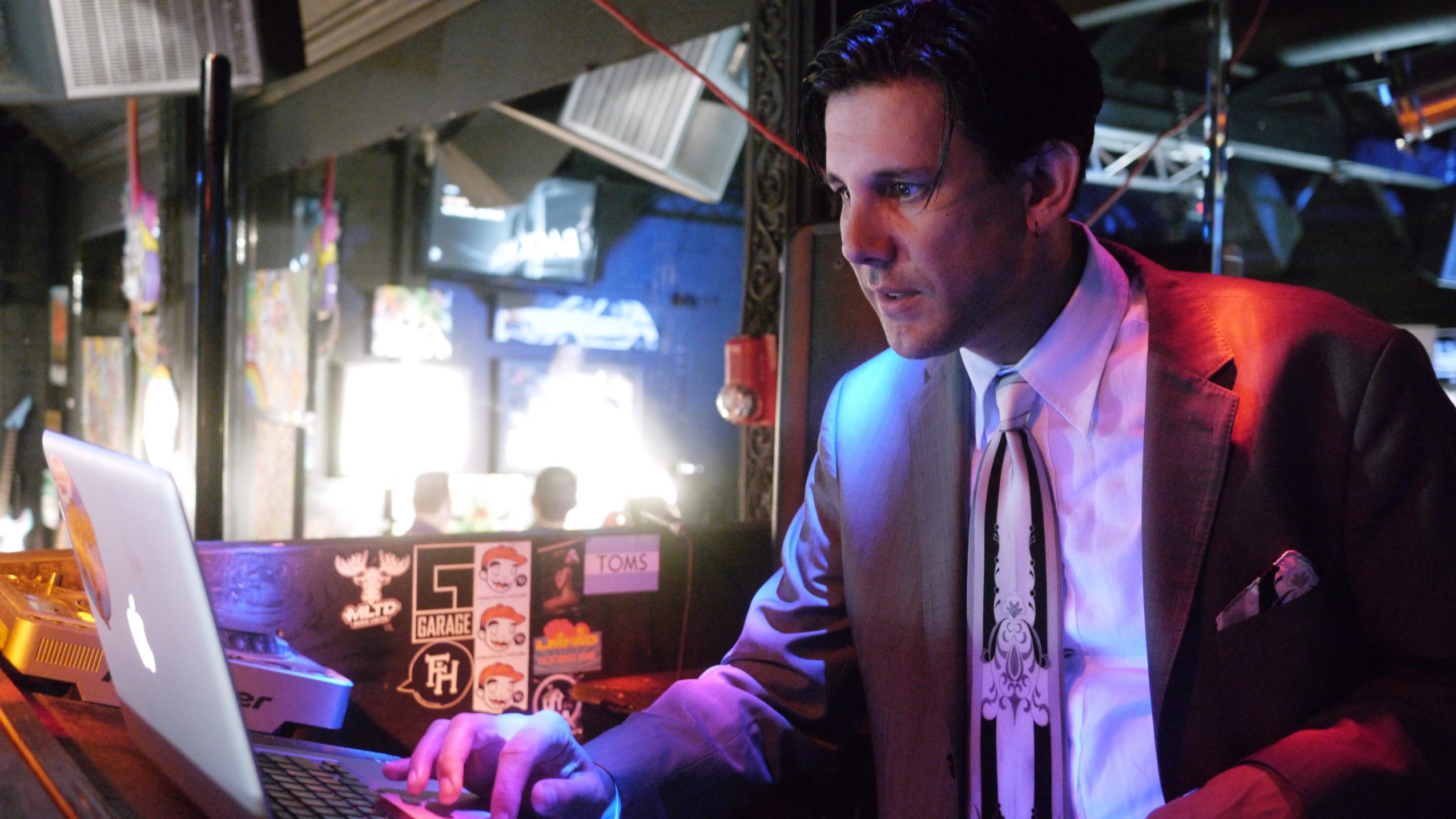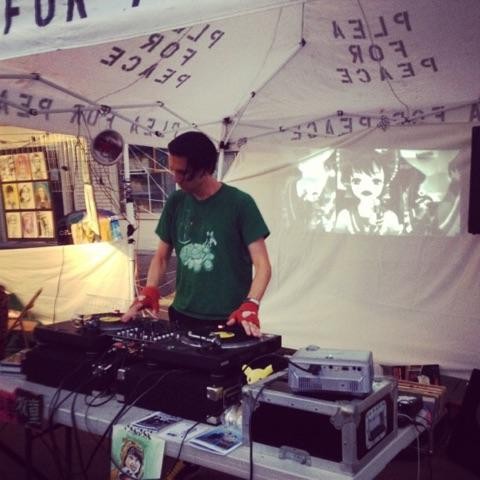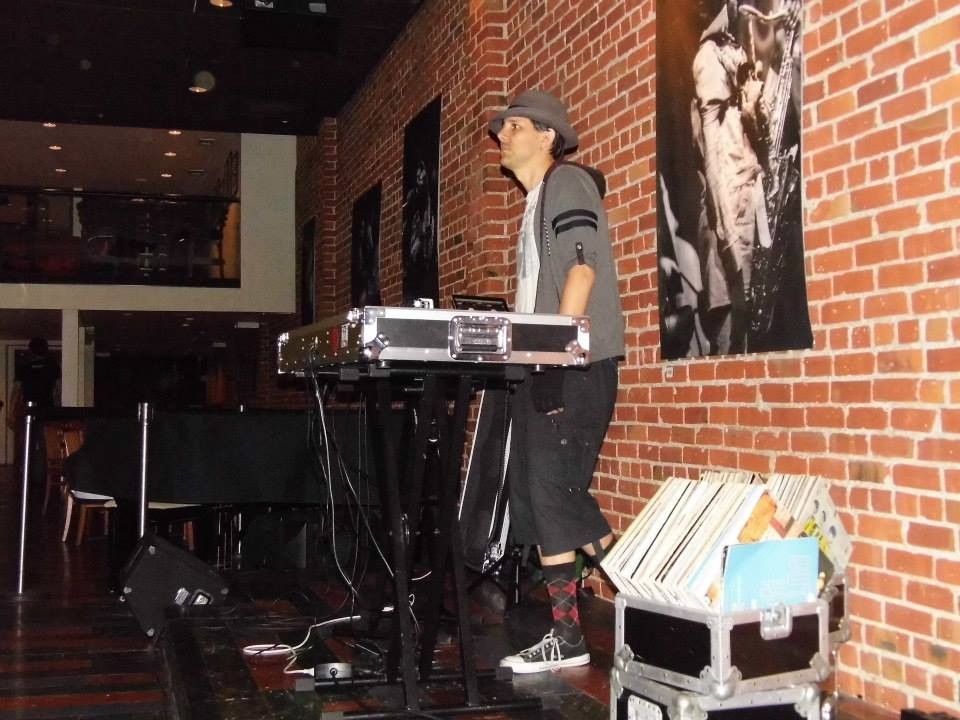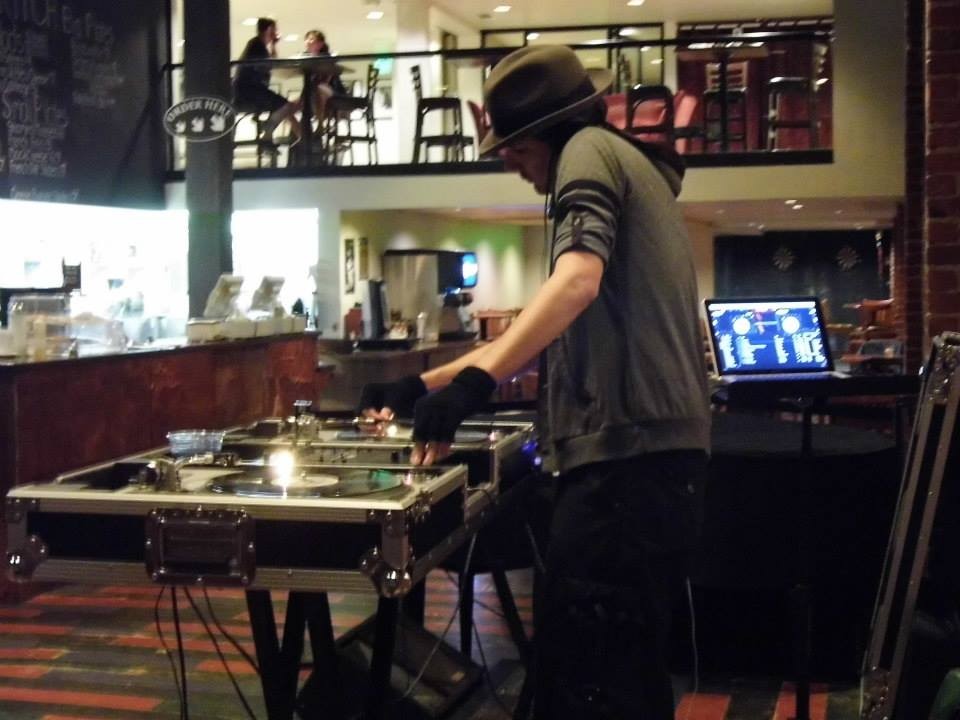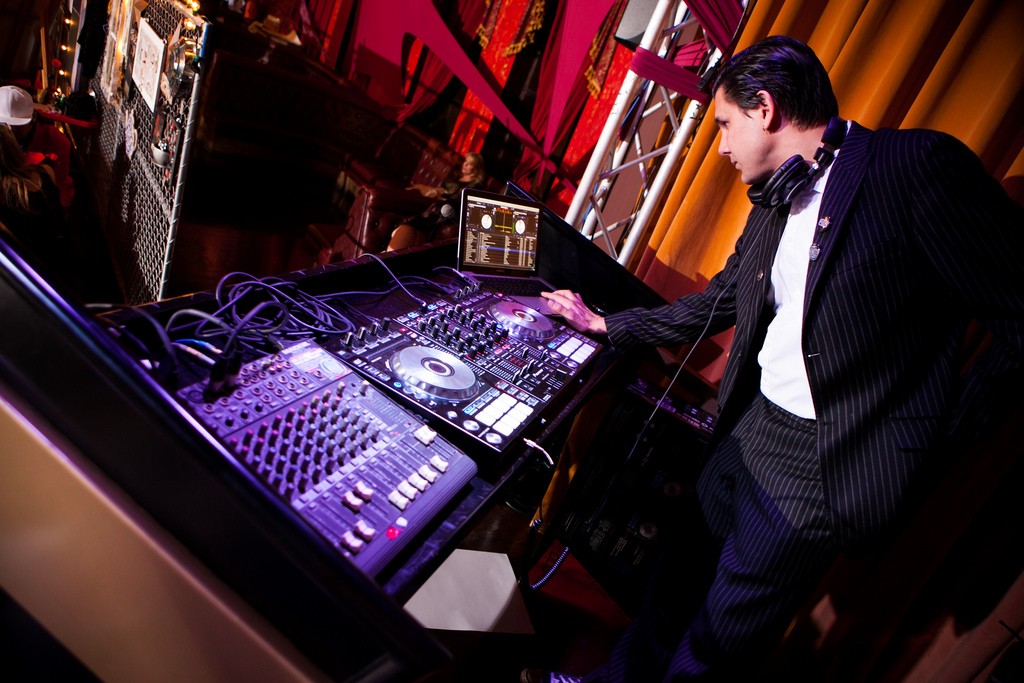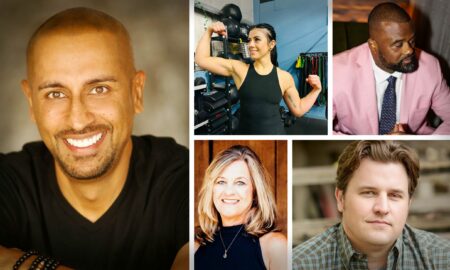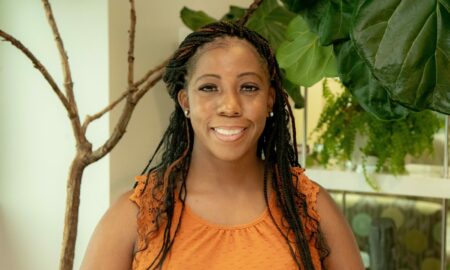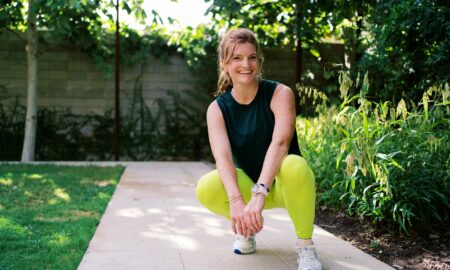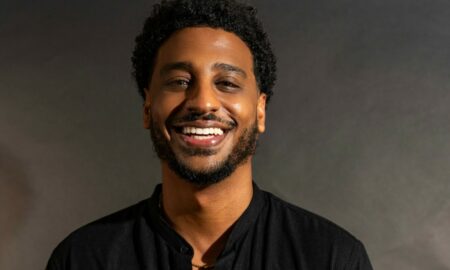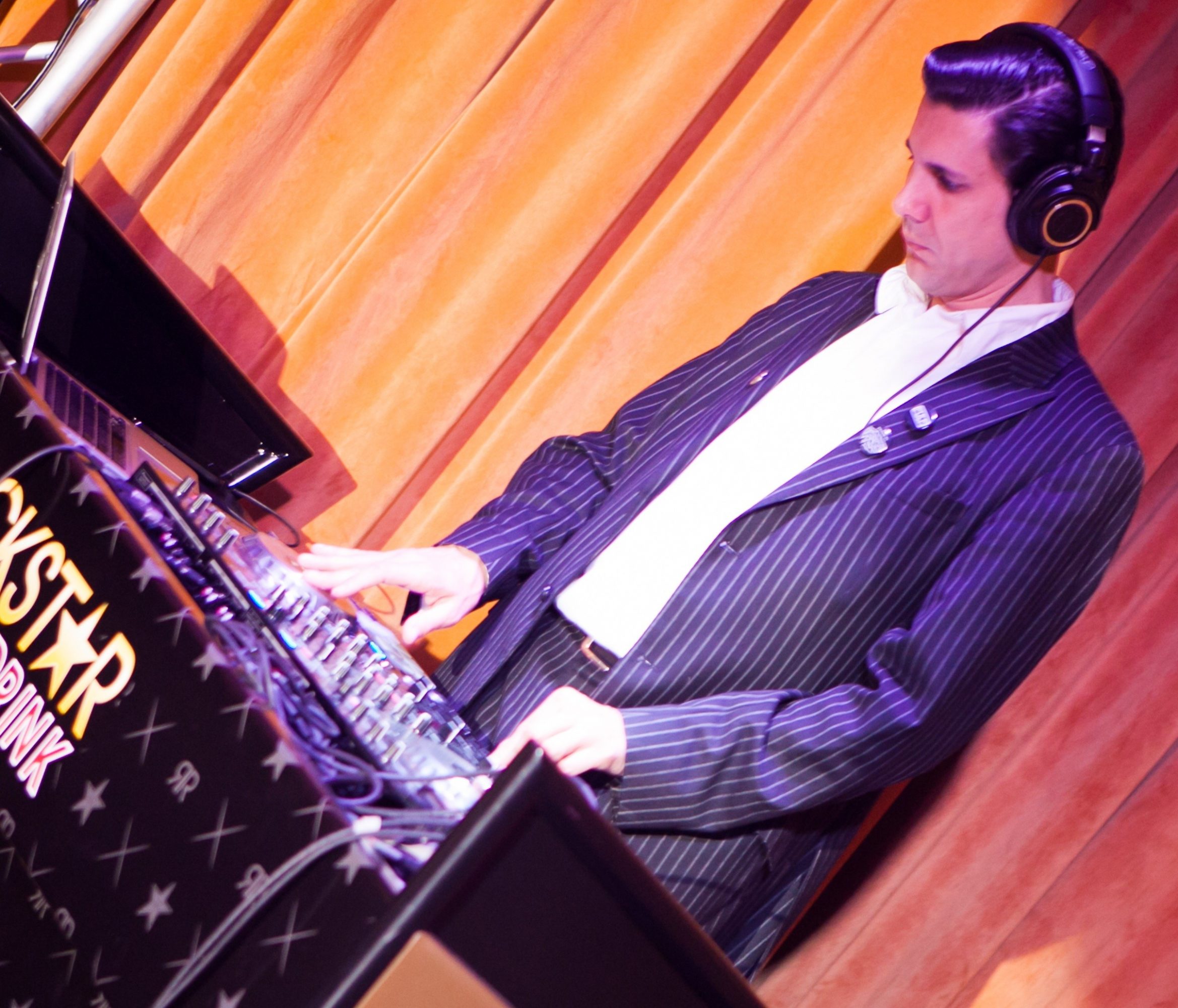
Hi Greg, thanks for sharing your story with us. To start, maybe you can tell our readers some of your backstory.
I began DJ’ing in high school, almost by accident. On my very first day of school, I’d mentioned to an upperclassman that I wanted to be DJ, by which I meant a radio DJ. About a month later, he found me and asked if I’d DJ his friend’s Halloween party. Wanting an excuse to party with the seniors, I agreed, after which he asked if $50 was enough. I didn’t realize I would be paid, but I played it off and said something like, “normally I charge more, but for you, sure, why not?” I cobbled together a sound system, played the random assortment of records I owned, and people loved it. After that, I began regularly playing at house parties and school dances. When I arrived at college, the scenario almost repeated itself. A number of my friends pledged fraternities at the beginning of the school year, and one asked if I’d DJ his house’s upcoming party. I agreed, played the event, and before I knew it nearly every fraternity, sorority, dorm, student group, and department was hiring me. I had to hire nine other DJs and was booking nearly 500 events per year. A lot of that success came when I had the idea to offer package deals. I noticed that at every party, fraternities and sororities also hired security, bartenders, and a photographer.
Also, every sorority party happened off site, and many fraternities had off-site date parties and formals, and every time they chartered buses to take them to and from the party and rented a venue. I set up a contract with a security company, bartending agency, photographer, and Greyhound, and met with the owners of all the venues that allowed 18+ parties. I then offered package deals that gave a discount. My selling point was that they would spend, say $350 for a bus if they book it, but I get it for $250. I’ll charge $300. I make $50, you save $50. I did the same for all vendors. I’d split the difference. When I did, that was when every single house, organization, dorm came calling. Not only did it pad my profit in a very fair and transparent way, but it made it even more likely that I’d be hired. I do all the work, you pay less than if you did it yourself was my selling point. That decision lead to me garnering a large number of corporate clients.
In December, companies were booking the same venues I was renting during the school year, and when they’d ask the banquet managers where to find something– casino game rental, a spotlight, a red carpet, a limousine, you name it– the answer was always the same: “Call Greg, he does everything!” And so, after graduating from college I made a smooth transition out of student events and into corporate events. Of course, in the following years, the students who I’d played for at the college parties began calling to hire me to DJ their weddings, which helped me establish a solid presence in the wedding market. Now I am starting all over. After 36 years as a professional DJ in California, I’m brand new to Austin and beginning the process of establishing myself in this exciting, new market.
Would you say it’s been a smooth road, and if not what are some of the biggest challenges you’ve faced along the way?
I think the biggest struggle was the first time I did more than DJ a party. I was hired by a friend to put together her sororities annual dinner, dance, and fashion show, which meant not only showing up to play records but to bring a p.a. for announcements, runway lights, spotlights, and a staff to help me run things. Everything that could possibly go wrong that night went wrong. I had to recruit a friend I saw in the audience to relay signals from the kitchen, as it turned out the dimmer switch for the ballroom lights was in a closet in the kitchen. One of the spotlight mounts broke, and I had to give repeated pep talks to the friend who was running it, as he had to hold up an 80 pound light as he aimed it at the models.
The MC took it upon herself to max out every channel on my mixing board when I wasn’t looking because she wanted to be louder and blew out two speakers. From a behind-the-scenes standpoint, the night was an unmitigated disaster, but when I spoke with the clients after the show, they unanimously agreed it had gone off without a hitch, and I was the best DJ they’d ever hired. I learned then that as long as I was resourceful enough to manage the chaos on the production side, I could give a flawless show on the performance side, and as I split the profit five ways ($16 total, or $3.20 each) I thought to myself “this is something I can do for a living. I can handle this job.”
Can you tell our readers more about what you do and what you think sets you apart from others?
Over the years, I’ve carved out a niche for myself as the wedding DJ who avoids the cliché songs. Couples who hire me tend to want to hear some indie or alternative sounds alongside some great, but not overplayed, traditional dance hits. I’m highly adept at mixing in some lesser-known songs in a manner that doesn’t kill the dance floor. This doesn’t mean I won’t play certain songs. I take requests and play anything and everything my clients and their friends want, but for those who want something familiar and different at the same time, I’m the perfect choice. Moreover, I never show up with a pre-set playlist. Many DJs plan out their entire set ahead of time, often even prerecording it. I never do that. Instead, I read the crowd and choose each coming song while the current song plays. I adapt to each audience on a moment-by-moment basis, and I think that’s why my feedback has always been so consistently great.
In terms of your work and the industry, what are some of the changes you are expecting to see over the next five to ten years?
The biggest change has already begun, but the covid-19 pandemic that is happening as I write this will serve to exacerbate it. That change is the glut of DJs in the market, predicated by equipment that makes it easier and less costly to become a DJ. In the past, being a DJ meant a commitment of several years to buy expensive equipment and learn how to mix records by ear. It also meant near daily purchases of music to slowly build-out, and maintain, one’s music library. Now, equipment costs much less and comes with push-button mixing capabilities, so a person can mix two songs together from the start. Most DJs never learn to mix at all anymore, instead relying on built-in synchronization algorithms to do the work for them. And music is freely available for download online, so there is no more time or effort needed to identify songs and then to find them. During the pandemic, as people spend their downtime indoors learning new skills, many are turning to DJ’ing. When the pandemic ends, there will be thousands of new DJs competing for work with the existing DJs who have been on a pandemic-imposed hiatus.
Contact Info:
- Email: greg.gioia@gmail.com
- Website: https://greggioia.com
- Instagram: https://www.instagram.com/djgreggioia/
- Facebook: https://www.facebook.com/djgreggioia
- Youtube: https://www.youtube.com/c/GregoryGioia
- Yelp: https://www.yelp.com/biz/dj-greg-gioia-austin-2
- Other: https://www.mixcloud.com/djgreggioia/
